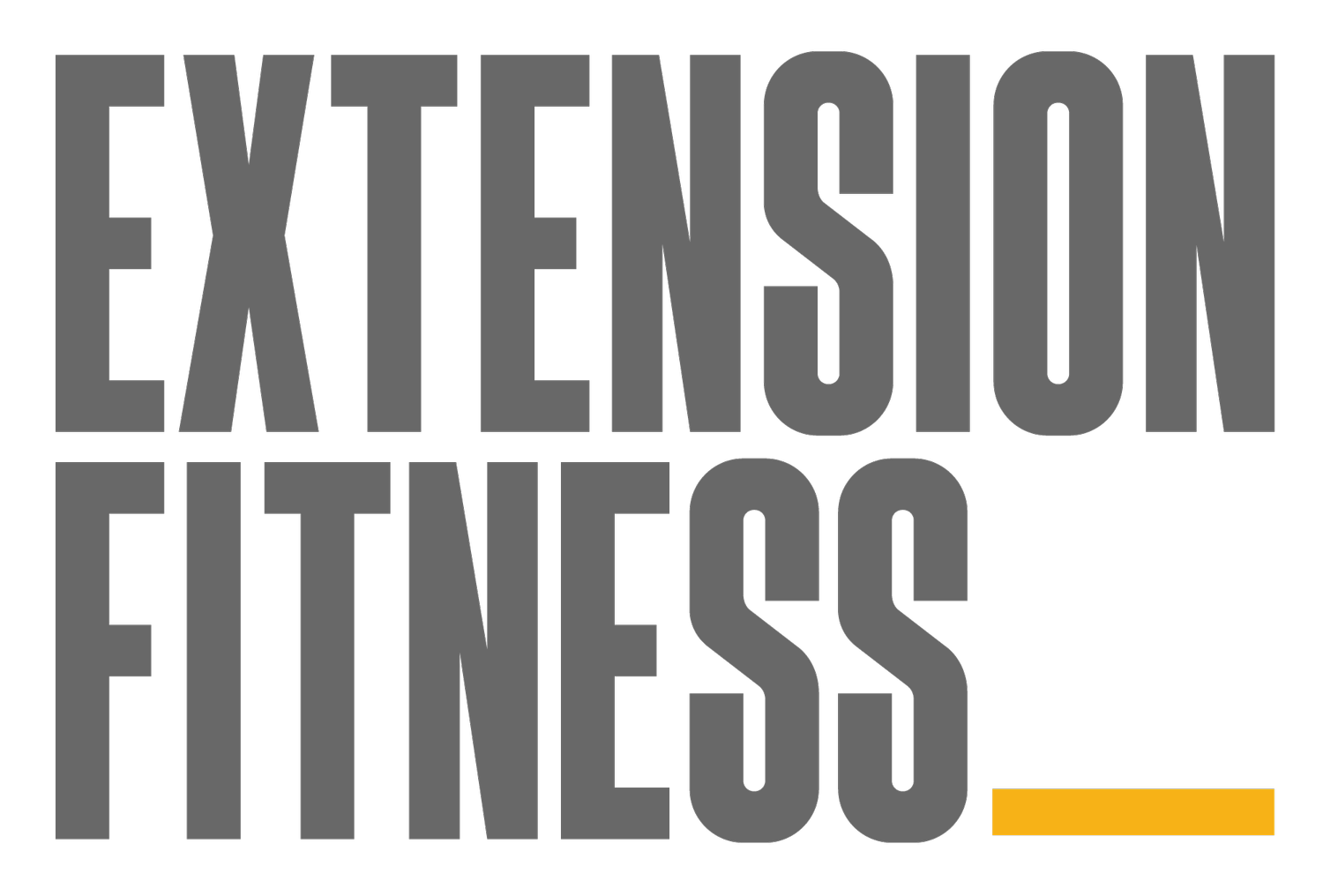Using Strength Training To Combat Obesity
You may have seen the recommendation that you build muscle as a top priority to fight against obesity.
That's sound advice I heartily endorse.
Engaging in strength training, and building up skeletal muscle really does work for fat loss. Having more muscle raises your metabolic rate (you burn more energy).
Being stronger makes exercise easier, which means you may do it more.
Gaining strength makes everyday movement feel easier and better, so there's a fair chance your incidental activity will increase.
But there's other, more subtle, reasons to focus on strength training when you're trying to lose a lot of weight - ESPECIALLY for those people who are totally new to regular, consistent exercise.
Here's three big reasons why you can get excited about strength training if you're combatting obesity:
1 - Strength training can deliver an immense sense of personal achievement and satisfaction.
2 - It can be a powerful physical symbol.
3 - It can provide a sporting endeavour where carrying excess weight is less of a handbrake on performance.
Let's look at each of these in turn.
SENSE OF ACHIEVEMENT AND SATISFACTION
When people start to work on developing muscle strength through consistent training, they get a lot stronger quite quickly. (This is mostly due to nervous system adaptation, not increased muscle mass). When I say “quickly”, I mean each “each session”. A personal best every time they train is not uncommon.
And when they track how much weight they lift in their sessions, across different exercises, using objective measurement, it cannot be denied that their efforts have worked!
(As an aside, strength training - especially with the highly standardised & commonly available barbells and weight plates we have at hand, lends itself readily to highly objective tracking of progress).
People often feel really proud of themselves when they see their hard work in the gym making their body stronger.
They get hooked on striving for PBs.
They get a taste for the game.
They can start to address factors which may hold back their progress - like a poor diet, or lack of sleep.
A virtuous cycle can ensue, where weight loss can become a happy by-product of striving for improved performance.
And then people start to actually enjoy exercise.
They're intrinsically motivated to do it for enjoyment, not just for the results it secures.
A POWERFUL PHYSICAL SYMBOL
Physical training can be powerfully symbolic.
When you sweat, strain and strive to get faster or stronger - or to help your team win - you tell yourself a story about who you are,
"I'm the sort of person who does hard things."
"I'm the sort of person who applies effort to improve myself."
"I'm the sort of person who can push through difficulty."
"I'm the sort of person who practices stuff, and then executes under pressure."
Personally, I love this aspect of training. For me, it has been instrumental in recovering from a substantial anxiety issue.
Fostering this part of ourselves builds up our internal locus of control - the belief that we have agency in our own life; we can exert control over what happens to us.
A regular exercise habit feeds your sense that you have the capability to go and get the positive changes you want in life.
Consistent training builds up your belief that your health and happiness is not totally subject to people and circumstances outside your control.
A SPORT WHERE CARRYING EXCESS WEIGHT ISN'T AN OBSTACLE TO PERFORMANCE
I was chatting recently about this to my business mentor (who's an Exercise Physiologist).
We were saying how we both get a kick out of seeing people struggling with excess weight catch the bug for strength sports.
The person who's maybe 20-30 kgs overweight (and often quite strong as a result), who pretty quickly learns to deadlift 80kg.
They get a twinkle in their eye and ask, "Are you telling me I'm good at … EXERCISE!!??"
Don't believe me? Look around at some websites for local strongman leagues or powerlifting gyms. It is a common sight to see people who are quite overweight.
And in this context, where someone has caught the bug for strength sports, they can often perform even better by losing some body fat to drop into a lower weight division (strength sports are divided into weight classes so as to provide a level playing field).
Again, this provides a healthy incentive to lose body fat that is not just about appearance or the prospect of some negative health consequence in 15 years' time. It is the short to medium term incentive needed to make the hard decision TODAY to eat a healthy diet for a reward that is coming next week, not next year.
Also, perhaps counterintuitively, strength sports and powerlifting gyms often have an extremely uplifting and encouraging culture.
Many people engaging in these sports have had the experience of finally finding a sport they enjoy and are good at after a lifetime of being the "non-sporty type". They get a kick out of seeing others embark on that same journey and want to cheer them along.
What about you?
If you're combatting obesity, and this article has sparked an interest in trying out strength training, please do get in touch! I'd love to help.
